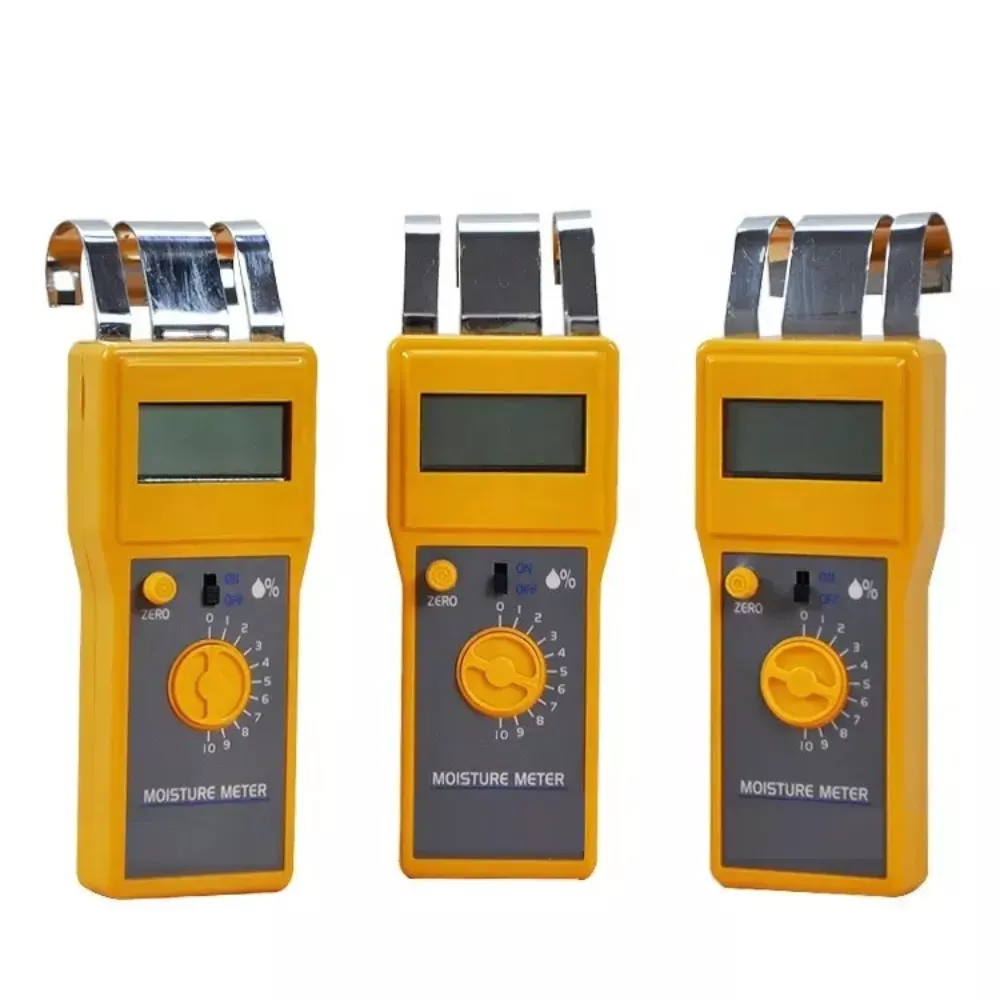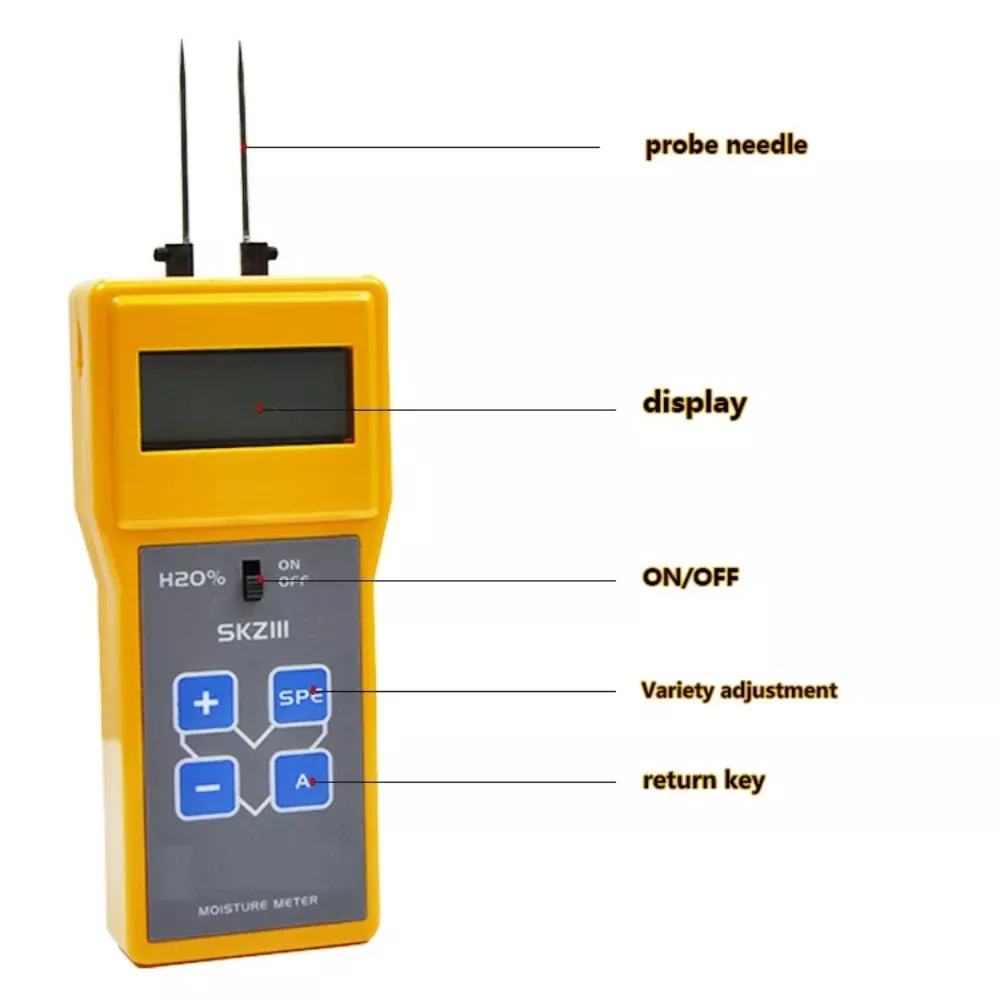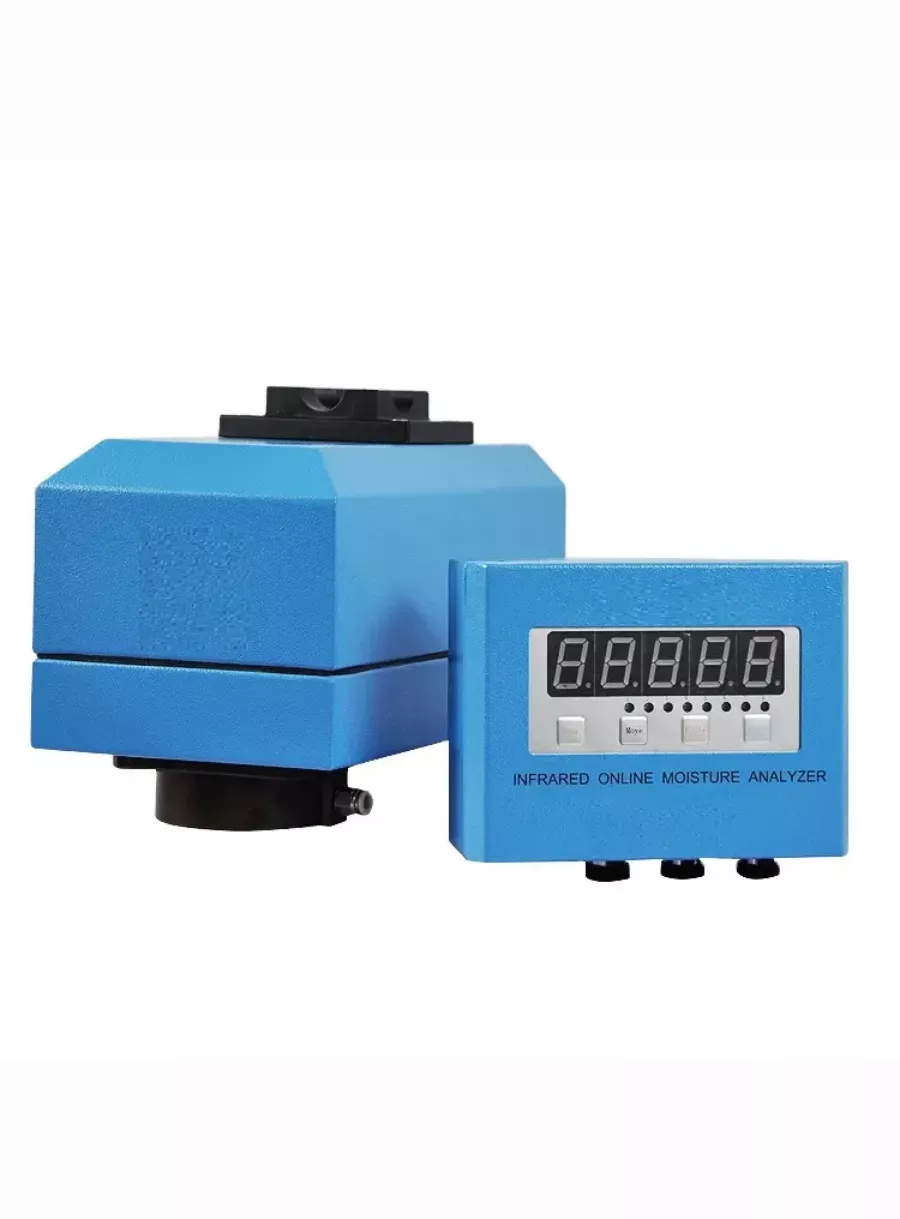
Soil Moisture Measurement Evolution
Table of Contents
Early Methods of Soil Moisture Measurement
Soil moisture measurement has been a critical aspect of agricultural science and hydrology for decades. Early methods of measuring soil moisture were manual and rudimentary, often involving the collection of soil samples and their subsequent weighing before and after drying. This gravimetric method, although accurate, was labor-intensive and time-consuming.
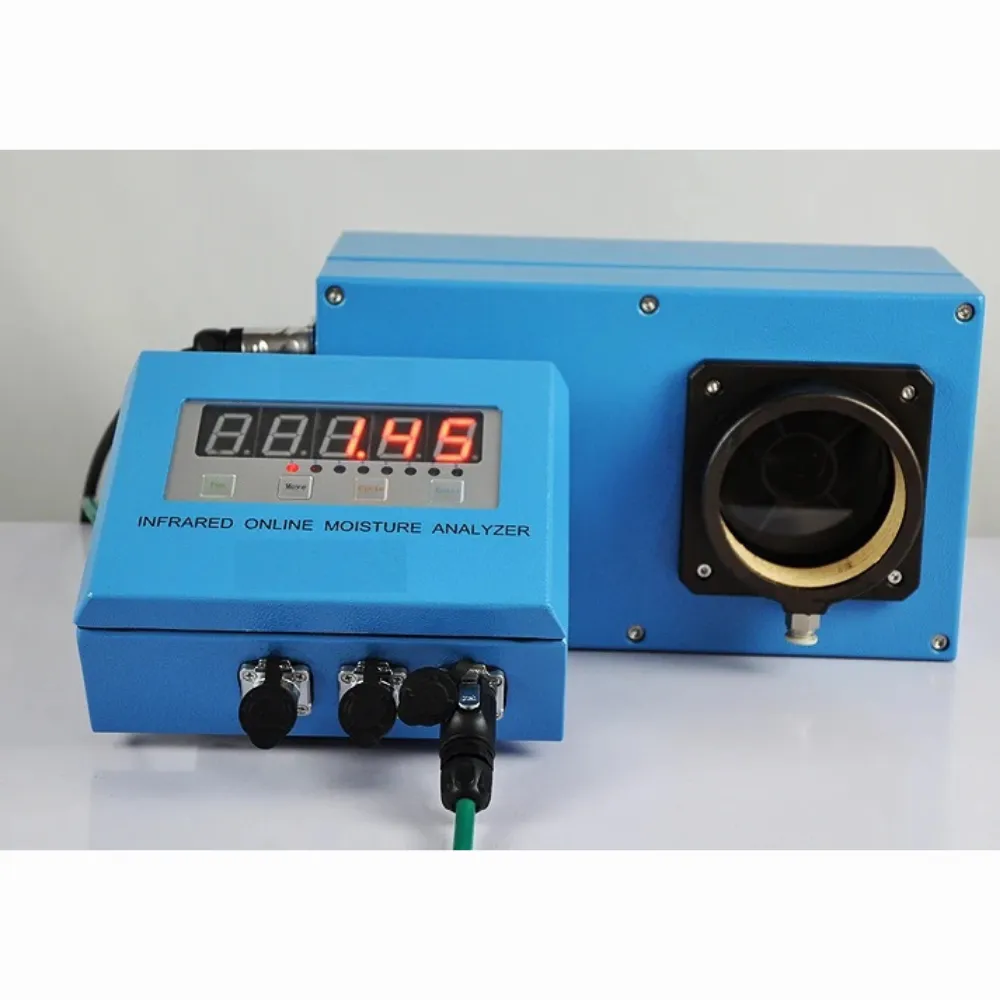
Mid-20th Century Advancements
With the advent of electronic technology in the mid-20th century, new methods began to emerge. One of the significant advancements was the development of tensiometers and resistance blocks, which provided a more continuous and automated way to measure soil moisture levels. These devices relied on the principles of soil water tension and electrical resistance, respectively, to infer moisture content.
Late 20th Century Innovations
In the late 20th century, further innovations were realized with the introduction of Time Domain Reflectometry (TDR) and Frequency Domain Reflectometry (FDR). TDR measures the time it takes for an electromagnetic pulse to travel through the soil and return, while FDR measures the dielectric constant of the soil using high-frequency waves. Both techniques offered improved accuracy and could be automated to provide continuous monitoring.
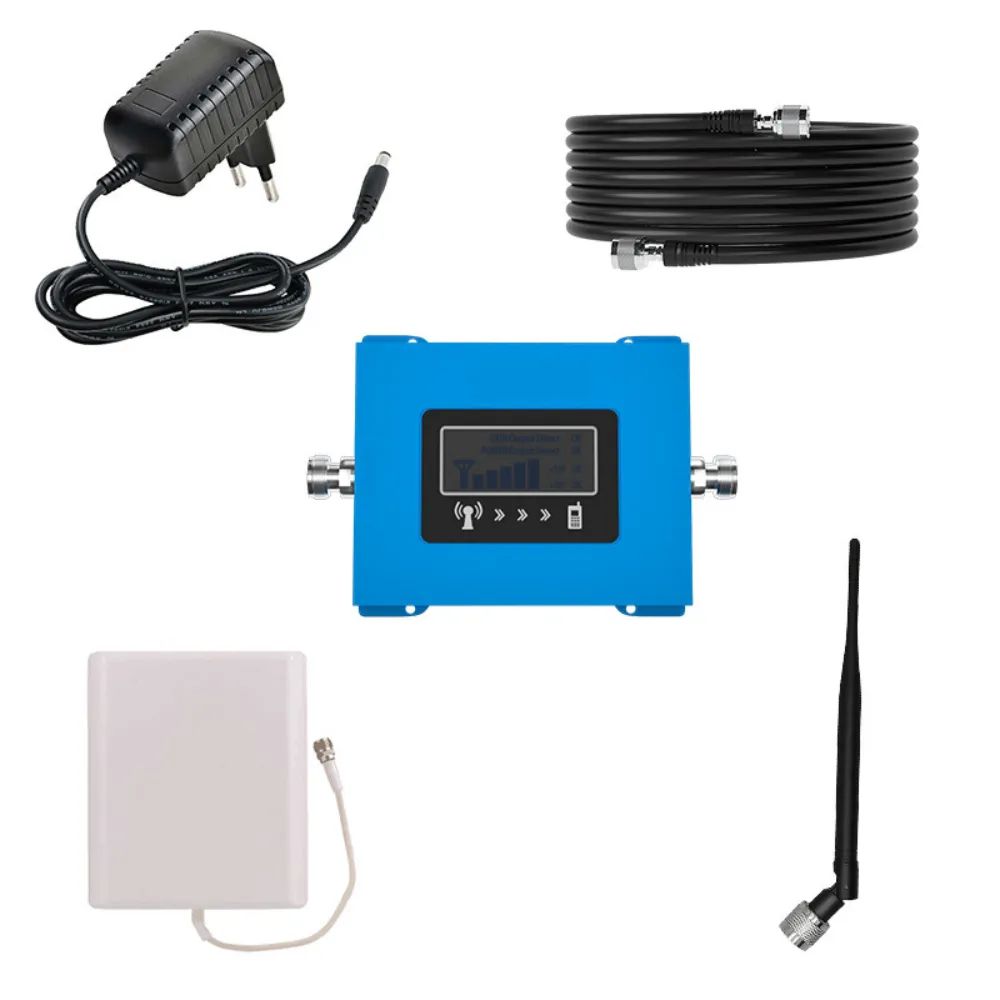
21st Century IoT Integration
The 21st century has seen the integration of soil moisture sensors with the Internet of Things (IoT), enabling real-time data collection and analysis. IoT-enabled soil moisture sensors can transmit data wirelessly to centralized hubs, allowing for remote monitoring and data-driven decision-making in agriculture.
Advanced Soil Moisture Probes
This period also saw the development of advanced soil moisture probes, such as the FS21, which offers multi-depth soil moisture and temperature measurements with high accuracy and ease of use.
Applications in Precision Agriculture
Today, soil moisture sensors are an integral part of precision agriculture, aiding in efficient water use and crop management. They are used not only by growers and farmers but also by researchers, crop advisors, and environmental scientists to understand and manage water resources better.
Industry Leaders and Technological Accessibility
Companies like Sentek and Farm21 have played pivotal roles in advancing soil moisture measurement technologies and making them more accessible and affordable to users around the globe. These technological advancements have made soil moisture measurement more accurate, affordable, and easier to implement, significantly contributing to the efficiency and sustainability of modern agriculture.
Comments
Tags
Frequently Asked Question
Soil moisture measurement has evolved from manual, labor-intensive methods to automated, electronic techniques. It started with gravimetric methods, progressed to tensiometers and resistance blocks, then to TDR and FDR technologies, and now includes IoT-enabled sensors for real-time monitoring.
Modern soil moisture measurement primarily uses technologies such as Time Domain Reflectometry (TDR), Frequency Domain Reflectometry (FDR), and IoT-enabled sensors. These technologies offer improved accuracy, continuous monitoring, and remote data collection capabilities.
IoT integration allows for real-time data collection and analysis. IoT-enabled soil moisture sensors can transmit data wirelessly to centralized hubs, enabling remote monitoring and data-driven decision-making in agriculture, which improves efficiency and resource management.
Soil moisture measurement technologies are used by growers, farmers, researchers, crop advisors, and environmental scientists. They use these technologies to optimize water use, improve crop management, understand water resources better, and contribute to more sustainable and efficient agricultural practices.

